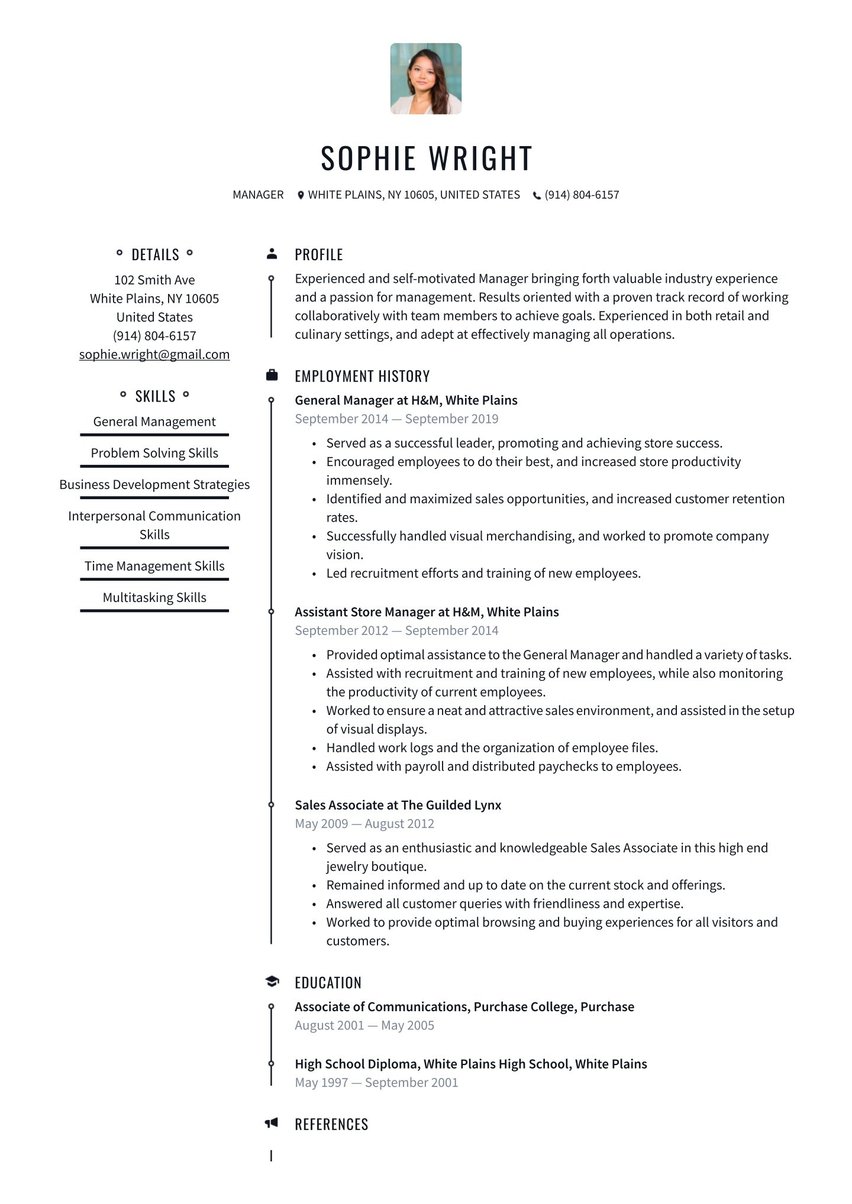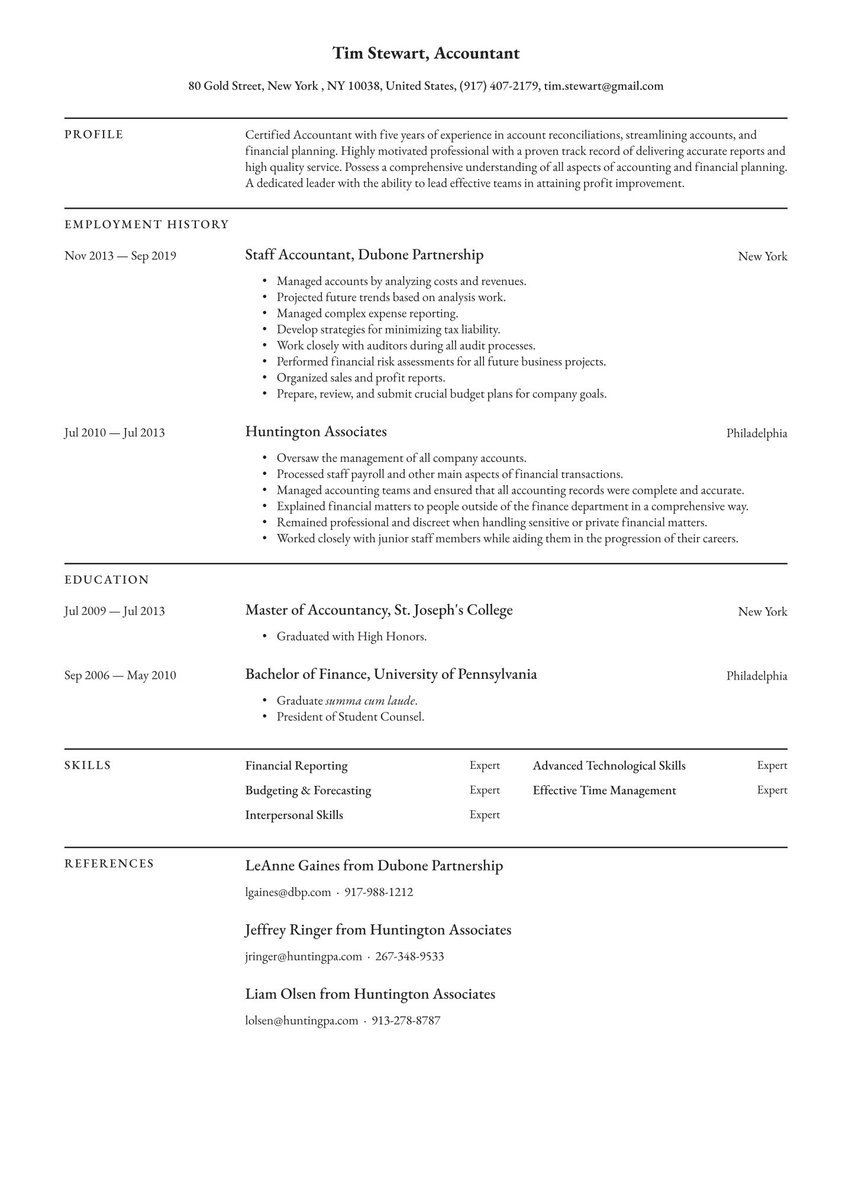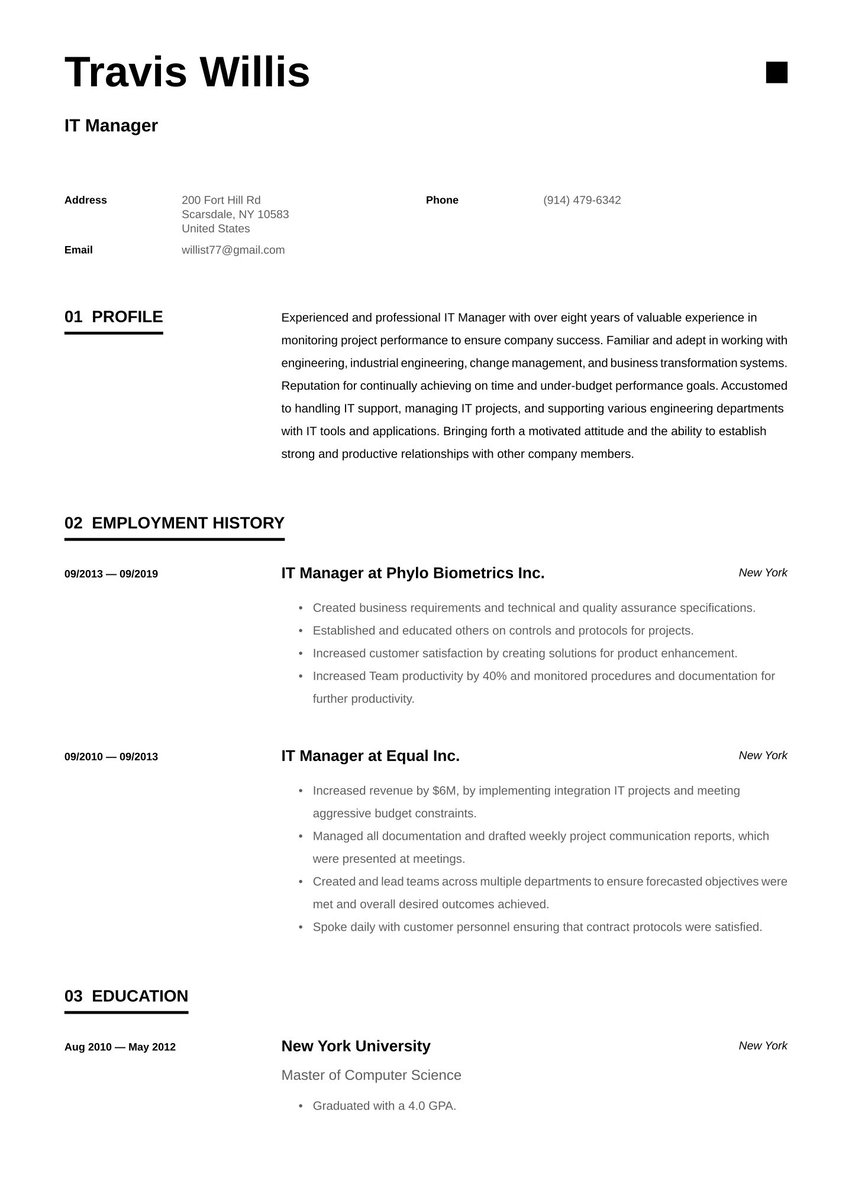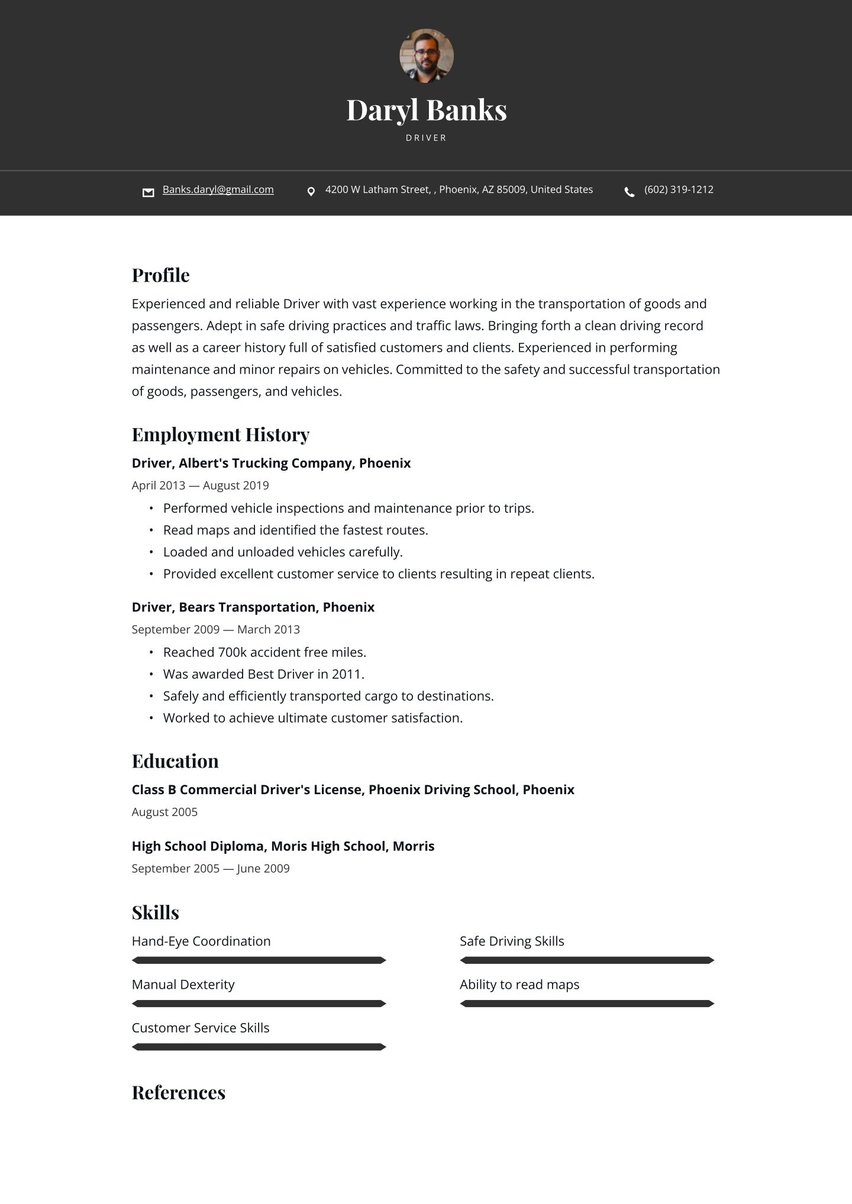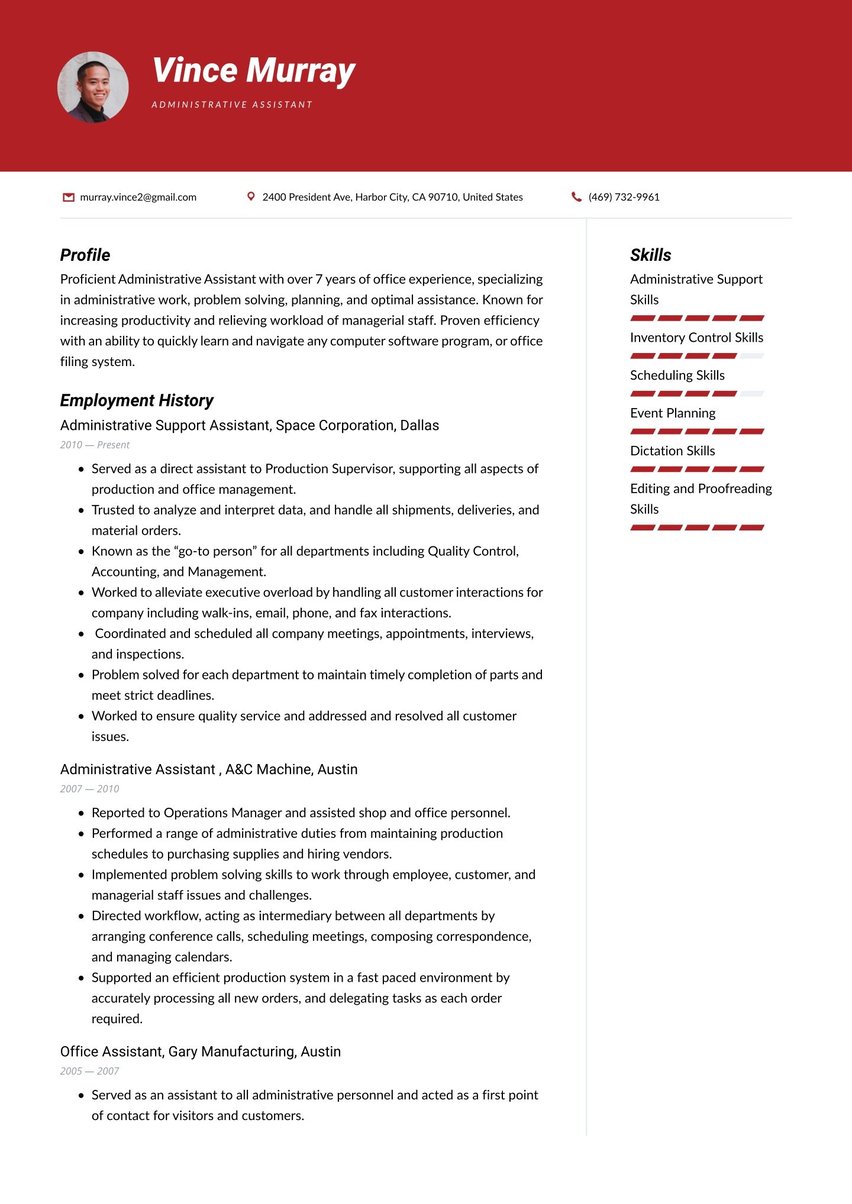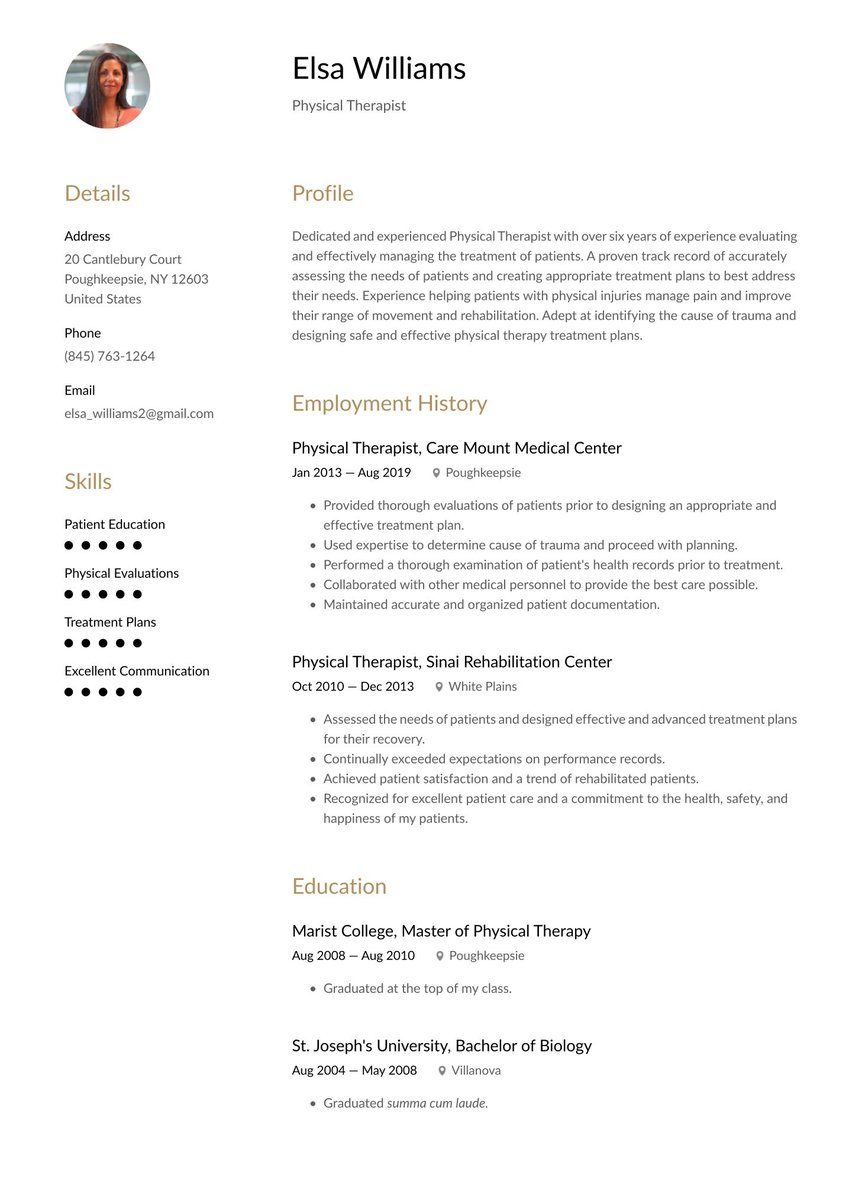Highly skilled and dynamic Network Systems Analyst, manages and oversees optimal network services for organizations. Adept in setting up administrator and server accounts and experienced in managing the functionality of systems. Resourceful, and committed to continually advancing my knowledge of relevant technologies.
04/2016 - 09/2019, Network Systems Analyst, Seattle Information Technology, Seattle
- Maintain optimal network performance by conducting network monitoring and analysis.
- Ensure network security by developing network access, monitoring, control, and performing evaluations.
- Work to maintain the confidentiality of information and network data.
- Perform troubleshooting to system failures and work to find long-lasting solutions.
- Test and accurately configure software and maintained high functioning hardware.
03/2015 - 03/2016, Network Systems Analyst, Skilljar, Seattle
- Provided outstanding technical support to clients.
- Performed regular data backups to protect information.
- Performed scheduled updates, routine maintenance calls, and made repairs when necessary.
- Collaborated with the IT team to ensure that security software was properly installed on all employee computers.
09/2010 - 05/2014, Bachelor of Computer Information Systems, University of Connecticut, Storrs
09/2006 - 05/2010, High School Diploma, Glastonbury High School, Glastonbury
- German
- English
- Knowledgeable about Hardware
- Software
- and Programming
- Advanced Project Management
- Strong Analytical Thinking
- Complex Problem Solving Skills
- Dedicated Team Player
As a network systems analyst, you are great at monitoring and maintaining computer systems. You also frequently make use of your problem solving skills. To create a network systems analyst resume that achieves your goal of advancing to an interview, you need those skills plus job-hunting know-how.
Network Systems Analyst resume examples by experience level
That’s where this guide comes in. The advice below plus online resume maker, free resume templates, and expert tips to help you develop an application that gets noticed. But first, you will find information on the following topics:
- What do network systems analysts do?
- What is the best framework for a network systems analyst resume?
- How to choose the best format for your network systems analyst resume
- Tips and suggestion for every section: the summary, employment history, education, and skills
- Ideas for creating a professional layout and additional design hints.
What does a network systems analyst do?
Network systems analysts oversee and develop all aspects of computer networks for large businesses that have complex computer needs. They must understand every part of networks from their creation to maintenance and security.
These IT professionals work with network engineers to design structures and architectures. They also install and troubleshoot hardware and software, plan for a company’s future IT networking needs, and analyze networks to identify inefficiencies and bottlenecks and design better solutions.
Network systems analysts may be generalists or specialize in one of the following areas:
- Process automation
- Cybersecurity
- Telecommunications
- Data communications
- Computer systems
- Cloud services
Network systems analysts earnings and job market
If you’re looking for a secure career with a potential for a six-figure income (depending on your specialization), this may be the job for you. A career as a network systems analyst is a secure one both in salary potential and future demand.
The median income for network security systems analysts is $92,525, according to Salary.com, with a high end of more than $122,000. The median salary range for network systems analysts is $86,301 and $217,216, Comparably reports.
Add that salary to the expected demand for network experts and the career is even more desirable. The overall growth rate for computer systems analysts is higher than average, at 9 percent, the U.S. Bureau of Labor Statistics predicts.
How to write a network systems analyst resume
The backbone of any great computer network is its structure. You know how to build strong and organized structures, so use this approach as you craft your network systems analyst resume. Your CV should contain the following standard elements:
- The resume header
- The resume summary (aka profile or personal statement)
- The employment history section
- The resume skills section
- The education section
You also understand that while the structure may be the same, no two networks are exactly alike. This same principle holds for your resume. Make all adjustments necessary to highlight the skills and experience each employer seeks. This personalization will help you overcome the Applicant Tracking System (ATS) algorithms that will push your application forward or relegate it to the also ran category.
The best resume format for a network systems analyst
You have a choice here depending on whether you want to focus on your myriad technical skills or offer a more descriptive look at your career. The format of your network systems analyst resume will depend on your emphasis.
Typically, we recommend reverse chronological order because ATS algorithms are optimized for that structure, but also because recruiters’ brains are optimized the same way. By that, we mean that they are habituated to looking for your employment history with your most recent position first and being able to easily pick out your contact information and top skills.
If you are a contractor or have completed multiple, complex projects you want to present, consider creating a portfolio. Then, easily link from your application document to your portfolio with an online resume builder.
Resume summary example
The summary of your network systems analyst resume is more than a recounting of your career. You can think of it as a high-level summary that puts a laser focus on your greatest achievement, but also gives recruiters an idea of who you are as an employee.
It’s great that you can set up a computer network in no time, but employers also want to know if you will fit in with the team and the company’s culture. This is the only place in your resume where you can get a little creative with adjectives that describe your style, so make sure you do so.
This section should be about 100-200 words, depending on space and how rich your career history is (in terms of achievements, key skills and milestones). Make sure you mention any specialized knowledge you have as a programmer, systems analyst, or any other IT skill that the job listing mentions.
Clearly outline your greatest attributes, career accomplishments, and unique abilities as a Network Systems Analyst. You will have space within your cover letter to include additional information, but remember that hiring managers may make a decision about granting you an interview based on your resume first.
Highly skilled and dynamic Network Systems Analyst, manages and oversees optimal network services for organizations. Adept in setting up administrator and server accounts and experienced in managing the functionality of systems. Resourceful, and committed to continually advancing my knowledge of relevant technologies.
Network Systems Analysts often have specialized knowledge in the IT field. See other IT professionals resumes here below and get inspired by them:
- Systems Analyst resume sample
- Technical Project Manager resume sample
- Computer Science resume sample
- Network Engineer resume sample
- IT Director resume sample
- Software Engineer resume sample
- Film and Video Editor resume sample
- Motion Graphics Artists resume sample
- 3D Animator resume sample
- Software Developer resume sample
- Web Developer resume sample
- Programmer resume sample
- Data Scientist resume sample
- IT manager resume sample
- Data Analyst resume sample
- IT Project manager resume sample
Employment history sample
Your network systems analyst resume employment history section should make clear the growth you have made during your years of experience. Recruiters want to see that you have the ability to take on new challenges, so be sure you show that you have learned and grown on the job.
Perhaps you started out working as technical support on a help desk and advanced to configuring local area networks or anticipating business needs and building out networks to meet those needs. The reverse chronological order resume format works so well because it clearly shows this progress.
You should also highlight any computer knowledge you have of computer languages such as Linux or directory services such as Microsoft Active Directory. If you have worked as a programmer, name which languages and tell your level of skill in each. It is especially important to analyze each job listing and include the specific skills your prospective employer seeks. This will help you pass the ATS (which uses algorithms that include keywords and phrases) and it will show recruiters that you understand the requirements of the position.
Your goal in this section is to include as many of the skills the hiring manager wants, but also to show that you have the ability to manage the complex work of designing, maintaining, and repairing network systems. Use strong action verbs. For example:
Say: Developed and implemented process improvements with input from key network operations team members
Say: Made process improvements
Be sure you name the systems, software, hardware, and languages you are adept at using. List only your professional experience. If you do work related to network systems analysis outside your formal job, you may consider adding a section for Special Experience.
Network Systems Analyst, Seattle Information Technology, Seattle
April 2016 - Present
- Maintain optimal network performance by conducting network monitoring and analysis.
- Ensure network security by developing network access, monitoring, control, and performing evaluations.
- Work to maintain the confidentiality of information and network data.
- Perform troubleshooting to system failures and work to find long-lasting solutions.
- Test and accurately configure software and maintained high functioning hardware.
Network Systems Analyst, Skilljar, Seattle
March 2015 - March 2016
- Provided outstanding technical support to clients.
- Performed regular data backups to protect information.
- Performed scheduled updates, routine maintenance calls, and made repairs when necessary.
- Collaborated with the IT team to ensure that security software was properly installed on all employee computers.
Network systems analyst resume education example
Employers typically look for network systems analysts who have at least a bachelor’s degree in computer science, programming, information systems, or a related field. The education section of your network systems analyst resume is the place to list all your academic achievements.
Some jobs may require a higher degree such as an MBA. That’s because you may at times be asked to function as a business analyst giving advice on what enhancements to the network would best meet business requirements.
This section is a simple listing of your degrees, but as an IT professional, you may have completed Microsoft, Oracle, or other certification programs. You can list those here or create a separate Certifications section if you have space and more than one or two. If you hold a degree higher than a bachelor’s degree, you may leave out your high school.
Bachelor of Computer Information Systems, University of Connecticut, Storrs
September 2010 - May 2014
High School Diploma, Glastonbury High School, Glastonbury
September 2006 - May 2010
CV Skills example
Recruiters are busy, so it is important to create a skills section for your network systems analyst resume that allows them to quickly see you are a great match for their job. Emphazie your technical skills, but include soft skills or the problem-solving and interpersonal skills that help you understand business needs.
You may choose to create categories for software, hardware, and soft skills so recruiters can easily see if you are an HTML or javascript expert, or have experience with IOS or PC operating systems. Make sure you include all the skills you have that are listed in the job description. That means you will have to customize your systems analyst resume for every job.
- Knowledgeable about Hardware, Software, and Programming
- Advanced Project Management
- Strong Analytical Thinking
- Complex Problem Solving Skills
- Dedicated Team Player
Resume layout and design
The way your resume looks may be as important as what you say. That’s because it offers hiring managers their first visual impression of you. Are you organized? Precise? If your design is too busy or crammed with text, they are unlikely to think so.
Just as you want to configure network systems in streamlined ways, you want to keep the look of your resume streamlined. Recruiters will be quickly scanning for your contact information, current and last job, job titles, and your employers, and the skills they seek, and your job is to make it as simple for them as possible. Keep your section headings obvious so all your information is easy to find.
One last piece of advice: Always have someone else proofread. You’re in a career that requires precision, so errors could cost you that coveted interview.
Key takeaways for a network systems analyst resume
- A career as a network systems analyst is both lucrative and secure.
- The decision about which resume format to use depends on what you want to highlight, but choose reverse chronological order if it’s a tossup.
- Emphasize your ability to work in a team and your professional demeanor in your summary.
- Professionally designed resume templates like those from Resume.io will help you take the guesswork out of design.


.jpg)

.jpg)

